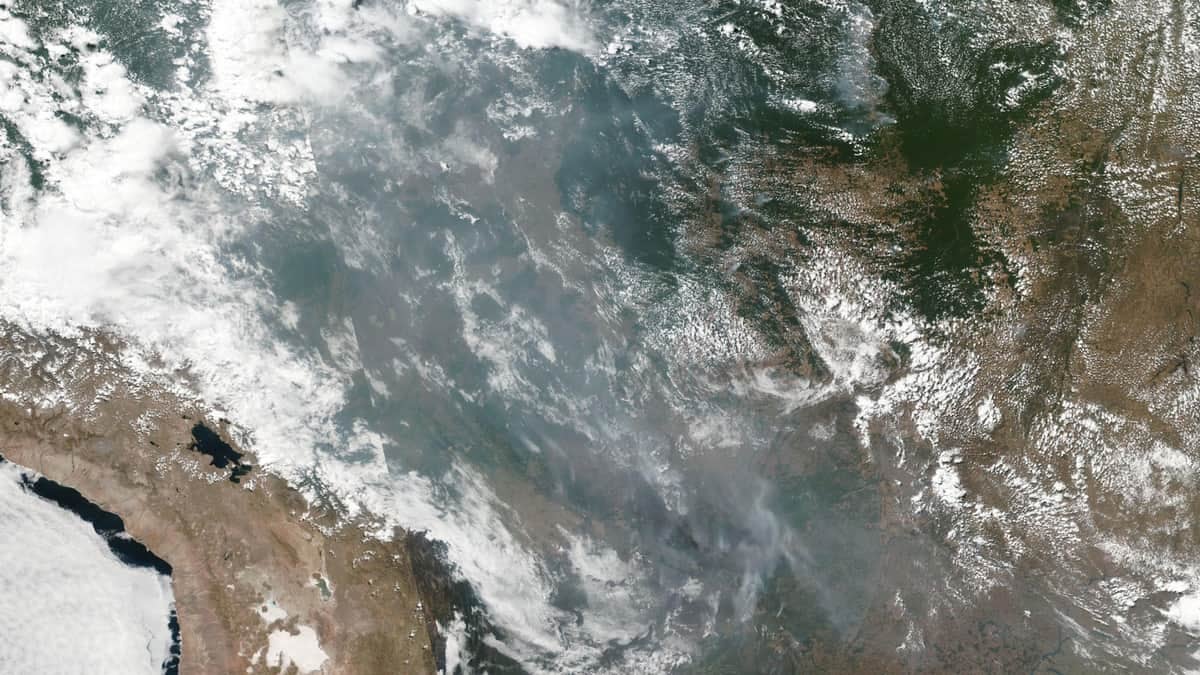Large areas of the Amazon rainforest started burning 16 days ago, and the fires have been spreading since. Residents of some of the largest cities in South America have not seen the sky because of the smoke from the fires. And there have been few efforts made to stop these fires.
Jair Bolsonaro, Brazil’s president, has tried to pass off these fires as the work of environmental non-governmental organizations. When running for president, Bolsonaro ran on the promise to bring economic prosperity to Brazil, by any means. He has stated before that he is not “Captain Chainsaw” when discussing deforestation.
Yet he has encouraged the use of the Amazon rainforest to improve the economy. Bolsonaro even cut the budget for Brazil’s environmental enforcement agency. As a result, farmers in and around Novo Progresso and Altamira started fires around their farms to make the land uninhabitable for wildlife, and to level it for use as a demonstration in favor of clearing the forest and for land acquisition. They are doing so with no local opposition.
On Saturday, August 10, these Amazonian farmers declared it to be ‘dia do fogo,’ or day of fire as reported by Folha de S.Paulo, a local newsource. There was a 300 percent jump in new fires in Novo Progresso from the previous day, and more fires were started in the days following. The jump in Altamira was even larger – at about 743 percent.
Novo Progresso is largely made up of farmers and logging operations. Most of the fires were started along the BR-163 highway, making it difficult to travel along the route.
The Amazon rainforest hosts an uncountable number of plants and animals that are vital for the ecosystem to operate. As a carbon sink, the rainforest absorbs atmospheric carbon and produces about 20 percent of the world’s oxygen.

What started as a demonstration burned out of control, putting the health of people in smoke- dense areas at risk, and if left to continue, the rainforest may become a dry savannah, displacing or killing surrounding wildlife. This also means that the Amazon would emit carbon, and stop producing oxygen.
The Amazon has yet to reach peak dry season, which usually occurs in mid-September. This could accelerate the fires, causing further damage to the rainforest. Farmers will likely continue illegally obtaining more land with little opposition throughout the rest of the dry season.
These fires, along with the increase in the rates of deforestation in Brazil can have long-lasting, irreparable effects if left alone. Efforts to enforce the laws on land acquisition are typically abandoned due to public opposition.
Other fires have since begun across Brazil’s rainforest, and are also raging out of control. The country’s space research group (INPE) stated that there are 80 percent more fires than last year.










